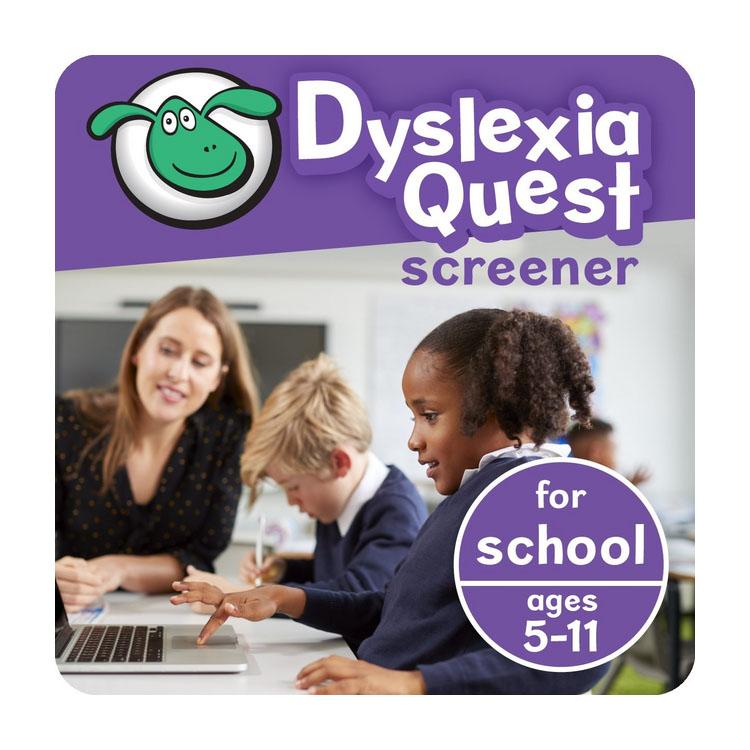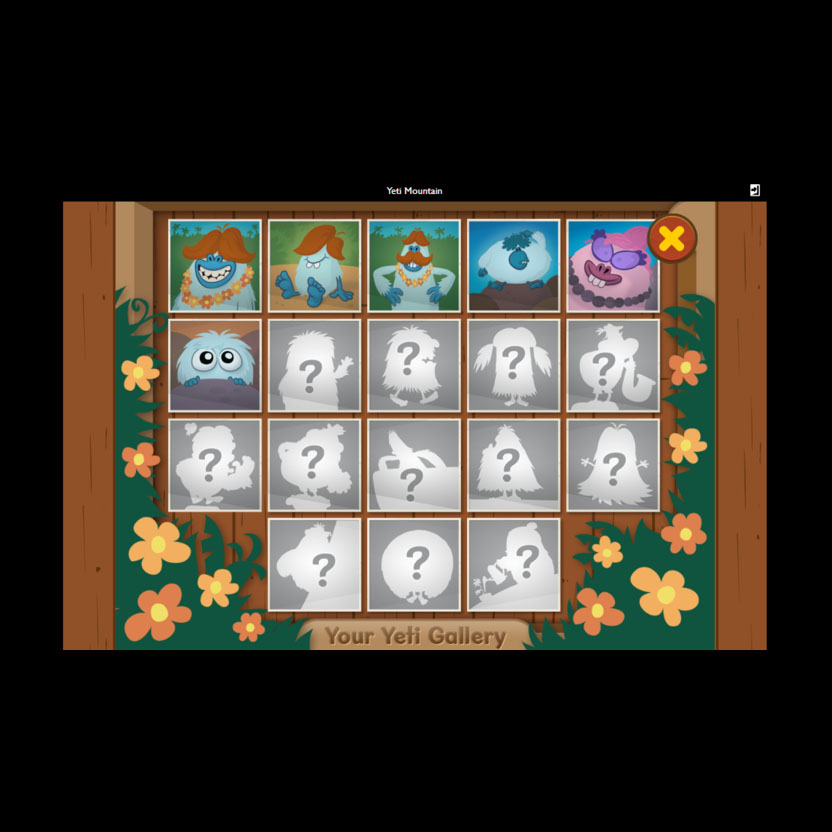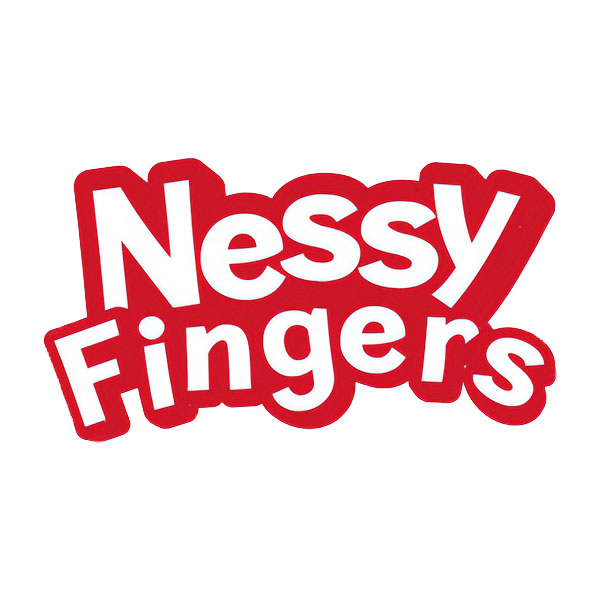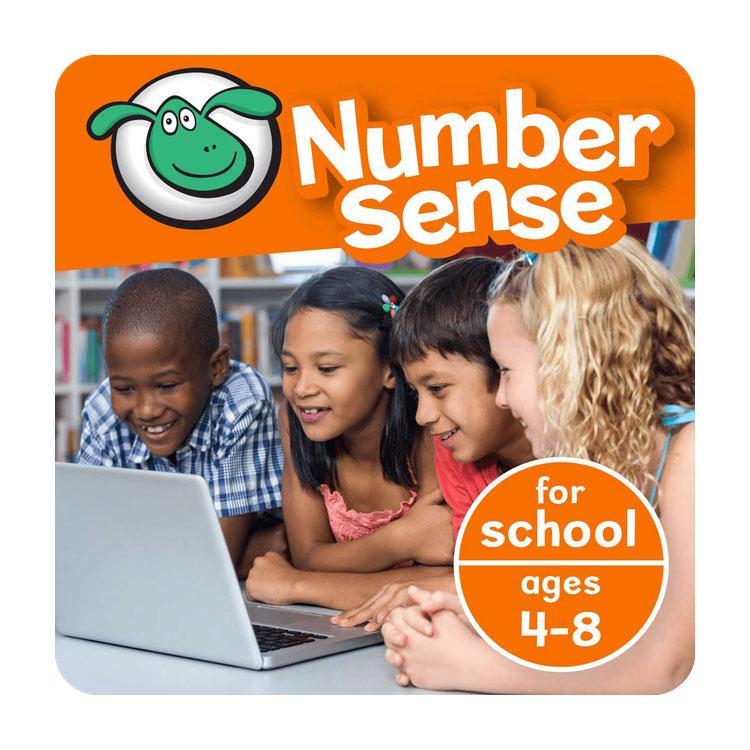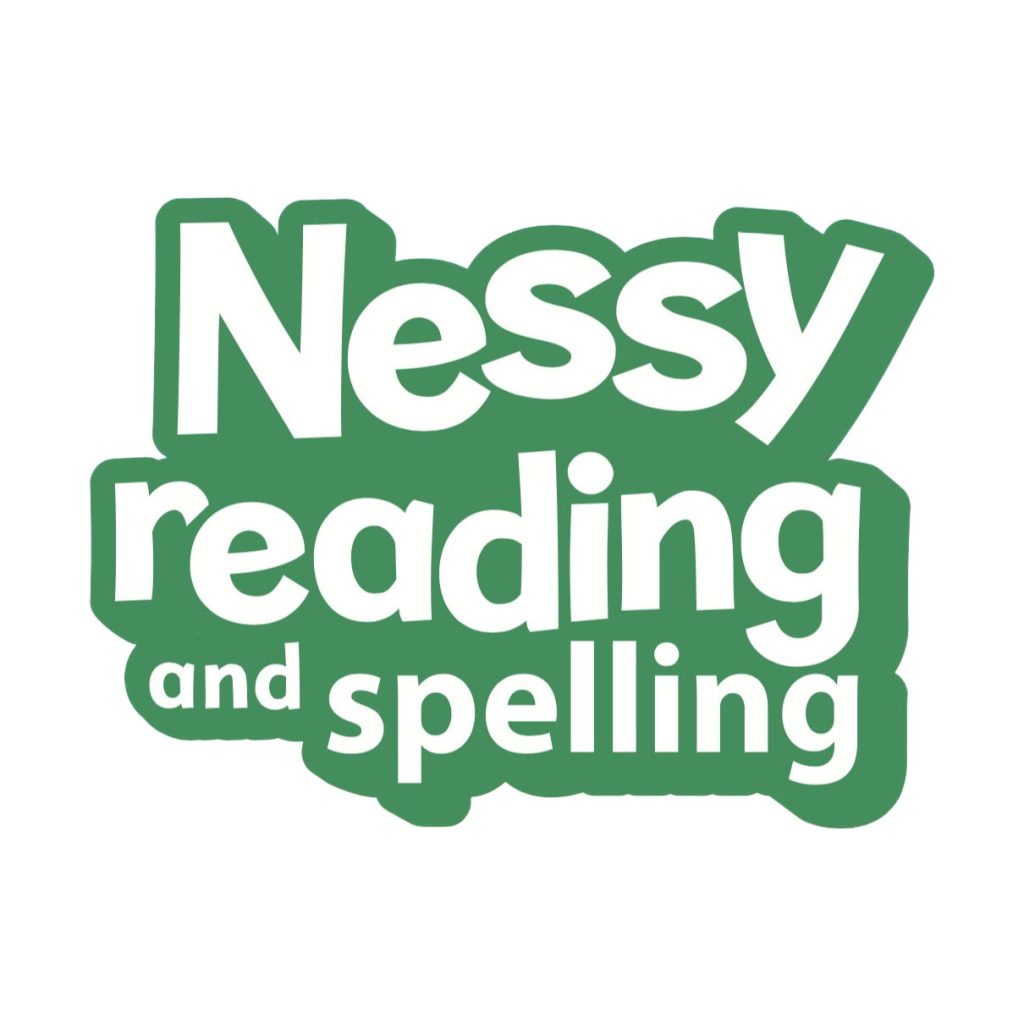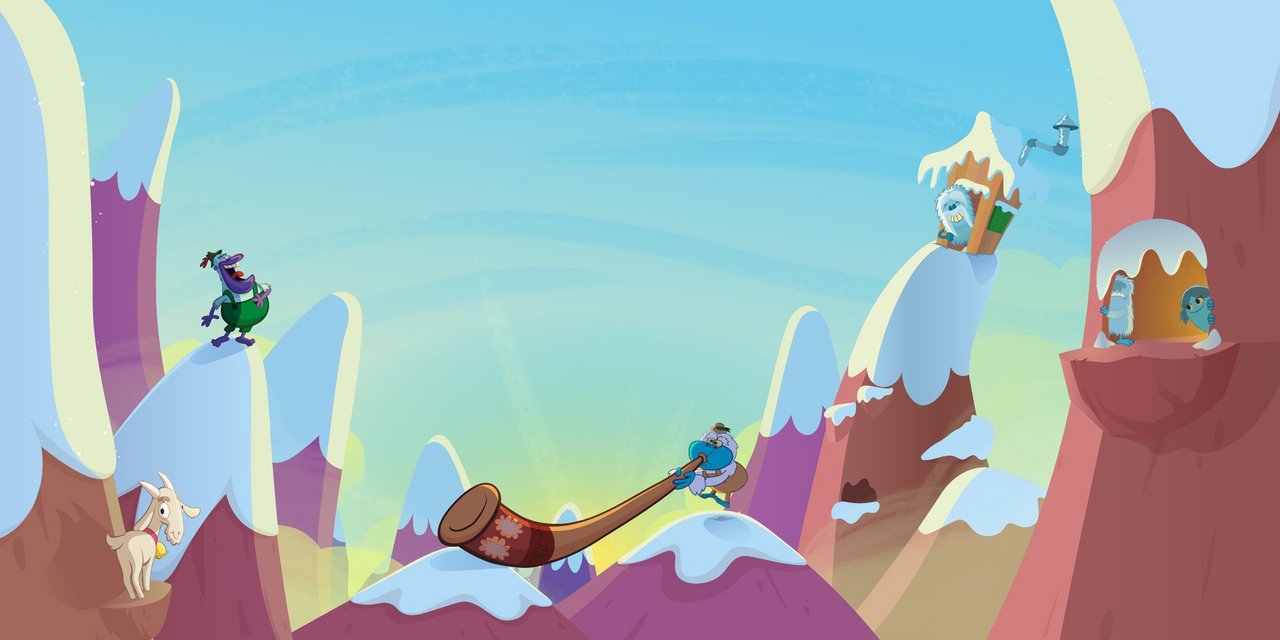
Dyslexia Quest
A rapid dyslexia screener for children aged 5-10
About the Program
The online screener identifies those at risk for dyslexia. Game-based tests include rapid automatic naming (RAN), working memory, phonemic awareness and phonological awareness.
All students should be screened for dyslexia by the age of 7. It is important to identify early to get the right help and prevent damage to your pupil’s self-esteem.
It is computer based and requires adult supervision. The screener is embedded in a game called Yeti Mountain so children don’t realise they are being tested.
Most students complete the screener within 20 minutes without developing feelings of test anxiety.
- Covers ages 5-11
- Takes 20-30 minutes to complete
- Requires adult supervision
- Screening report identifies children at risk of dyslexia
- Students collect yetis, keeping them engaged
The screener was developed at the Bristol Dyslexia Centre and was first released in 2011. Results are based on the tests of educational psychologists, mirroring the output that they would assess to determine the likelihood of dyslexia.
The accuracy of the screening results data was examined by Barry Carbol, Ph.D.
A low-cost screener such as Dyslexia Quest, is a quick way to identify those children who are at risk of becoming struggling readers and should not be used as a substitute for a formal assessment.
A screener is low-cost and quick. It does not require a qualified professional to administer. It gives an indication of dyslexia tendencies. It can be given at a younger age than a formal assessment.
It’s important to remember that screeners do not give a diagnosis, and can not be used for examination accommodations.
Assessment Breakdown
Assessment game 1: Visual Word Memory
Using commonly misspelled words, hold a visual memory of a word and find the correct match.
Assessment game 2: Auditory Sequential Memory
Listen to a series of instructions and follow them in the correct sequence.
Assessment game 3: Visual Sequential Memory
See a sequence of graphic symbols and find the correct match.
Assessment game 4: Processing Speed
Match a sequence of symbols to numbers.
Assessment game 5: Phonological Awareness
Manipulate and sequence phonemes.
Assessment game 6: Working Memory
Listen, then recall a sequence of numbers in reverse order.
How It Works
Students climb the six levels of ‘Yeti Mountain’, each offering a different test of cognitive ability from memory to processing speed to phonemic awareness. The resulting student profile allows teachers and administrators to identify students at risk of dyslexia.
There are 3 pathways up Yeti Mountain for the child to work their way up, playing games that test 6 areas of learning and memory. Only one pathway should be played at a time with at least a 2 month break between each turn – we recommend once each term. This allows parents and teachers to compare results and monitor progress and response to intervention.

